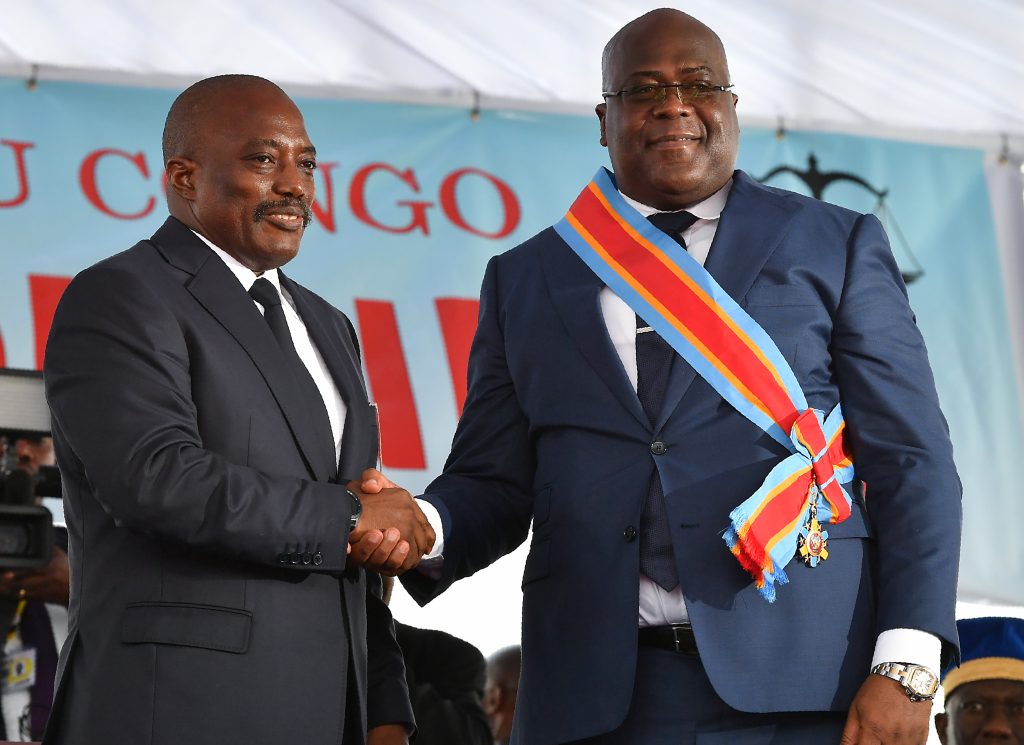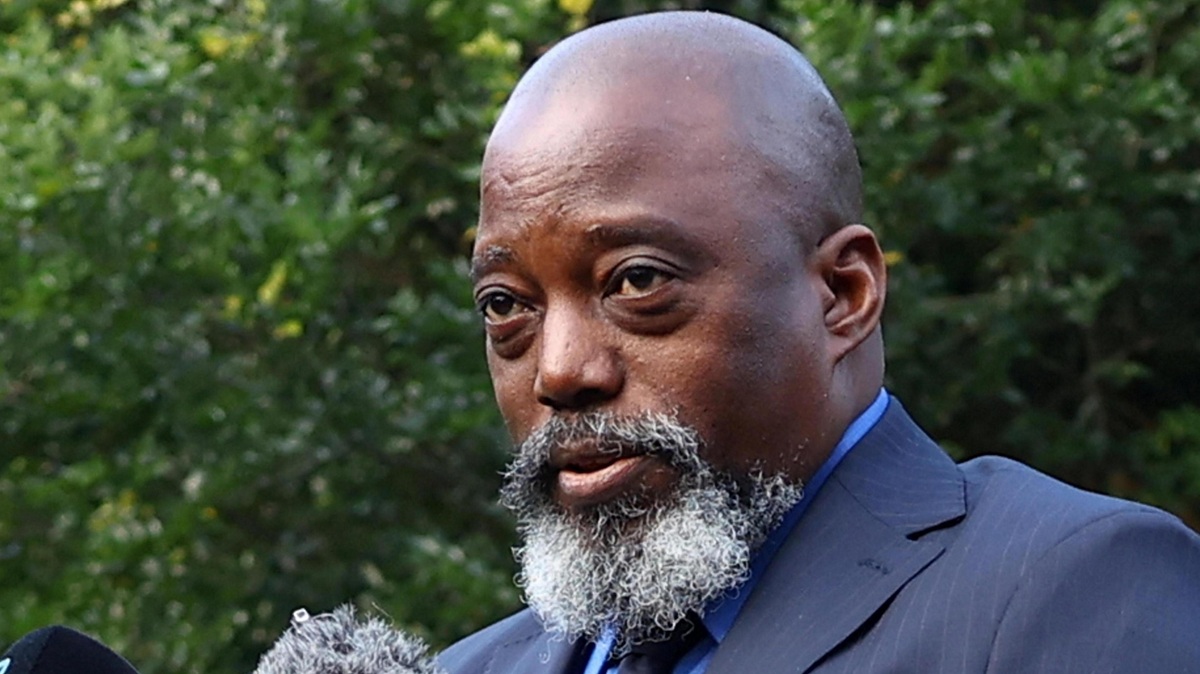The government of the Democratic Republic of Congo has prohibited the media from covering former President Joseph Kabila’s activities or interviewing members of his party.
This decision follows Kabila’s return to the country last month, coinciding with escalating tensions between him and the current administration, led by President Félix Tshisekedi.
Authorities are seeking to put Kabila on trial amid accusations of treason and supposed connections to the M23 rebels, who have been clashing with the military—an allegation he has denied in the past.
According to Christian Bosembe, the head of DR Congo’s media regulatory body, violating this ban could result in suspension.
In response to the media regulator’s announcement, known as the Supreme Council of Audiovisual and Communication (CSAC), a spokesperson for the M23 stated that media outlets in regions controlled by them would not comply with the prohibition.
Kabila has not yet stated the ban, but Ferdinand Kambere, his party’s secretary, denounced it on X as ” arbitrary.”

Last week, Kabila was spotted in Goma, an eastern city in the DR Congo under M23 control. He has been vocally critical of the current government following a Senate decision to remove his immunity over alleged support for the M23.
Rwanda, which borders DR Congo, has been accused of aiding the rebel group, a claim that Kigali refutes.
Although Kabila has not been formally charged with any crime, he fiercely criticised the Congolese government last month, labelling it a “dictatorship.”
At that time, a government spokesperson countered Kabila’s remarks, asserting he had “nothing to contribute.”
Since his return to the DR Congo after two years of voluntary exile, Kabila’s party has been sharing updates on his activities online, including visits to civil society organisations and local religious leaders in Goma.


 Trending
Trending 